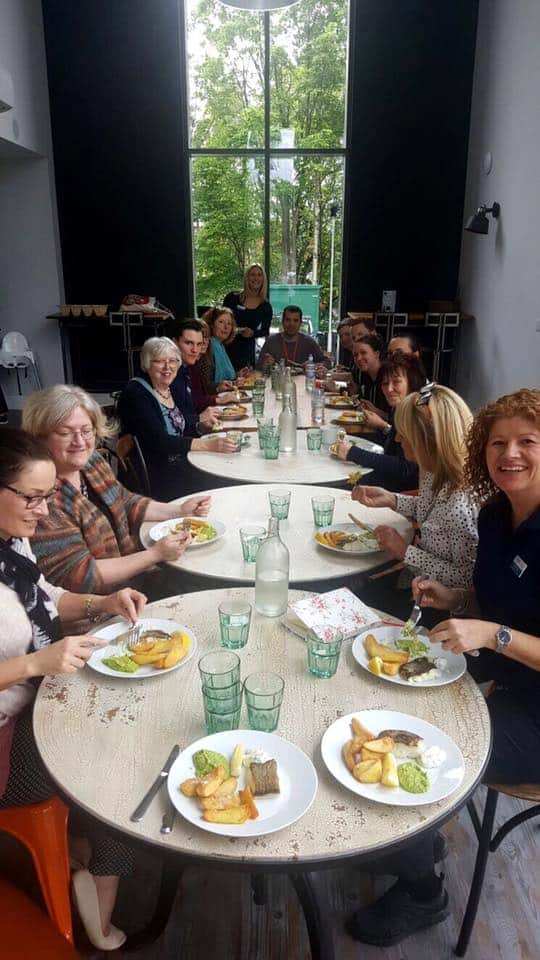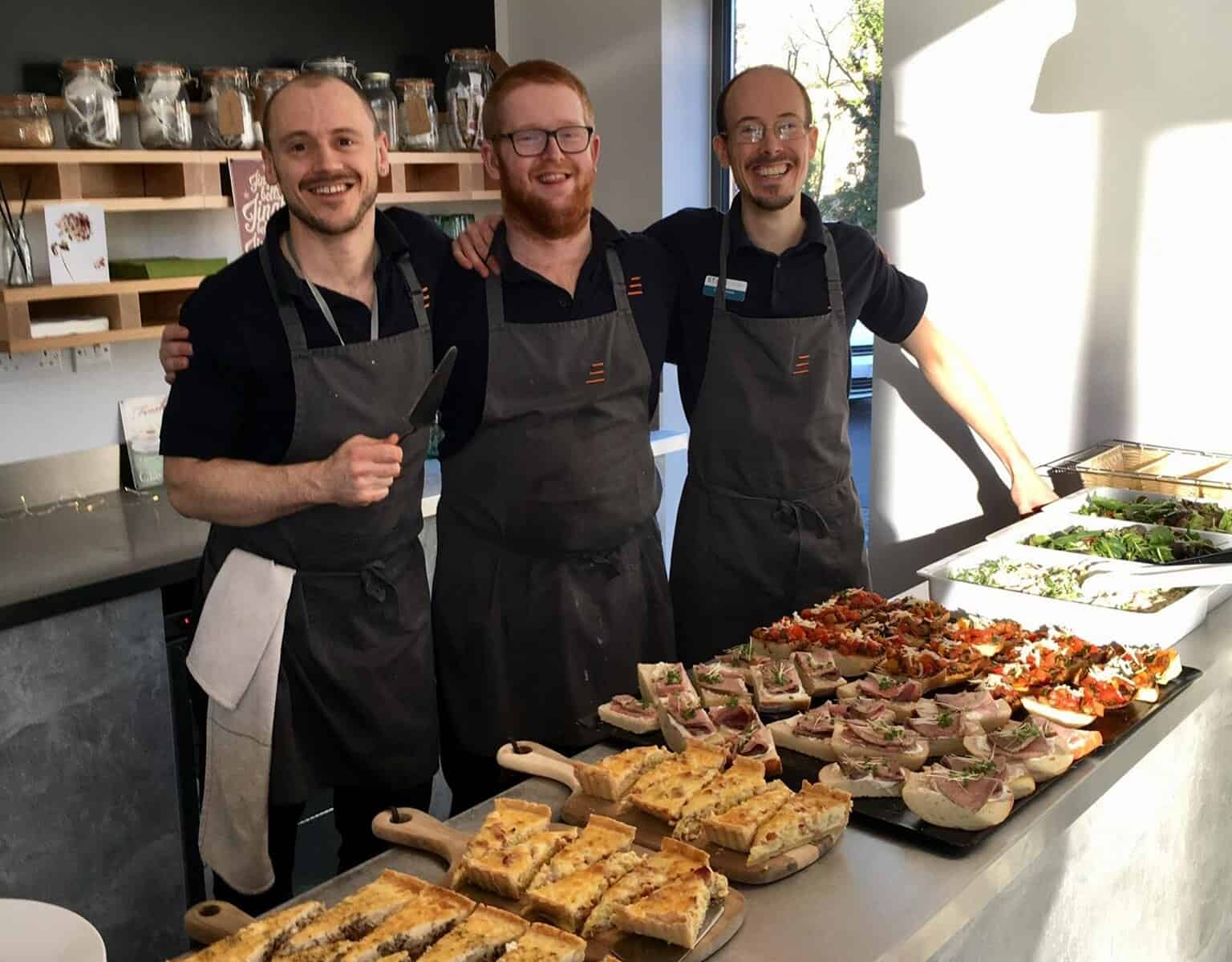“Food... it’s so much more than something you eat,” says James, Head Chef at newly opened STEPS Rehabilitation in Sheffield. "For us, it’s a 4 dimensional thing. It transcends biology and evokes an almost ethereal quality. It has the power to reach all of us emotively if we let it. It sustains our bodies but it can also lift our minds. Embracing the value of food culture has such a multi dimensional impact on wellbeing and it runs as a core philosophy within STEPS."
Recovering from surgery or a critical illness, such as cancer, stroke or brain injury, takes time and requires energy and good nutrition. Ensuring that the body has enough of what it needs to heal and build strength is a vital part of the rehabilitation process.
The approach that James takes at STEPS is to ensure that all food is chosen for its ability to aid the rehabilitative process for body and mind, maintaining that "we have to know and understand the needs of each individual so we can optimise their nutritional intake with their personal goals in mind. In any kind of rehabilitation scenario it’s going to be hard work for the individual involved, such is the nature of the task. It’s therefore imperative that their nutritional requirements are met to ensure engagement with the effort of rehabilitation, recovery and progress.”
Studies have shown that for the body to begin to heal, it requires abundant sources of energy and protein to support tissue growth and development, a good fat profile to help balance inflammation plus all the myriad of supplementary molecules, sourced from a spectrum of flavonoids, live enzymes, phytonutrients, antioxidants, vitamins and minerals, crucial to balancing the body’s bio chemistry to make it all happen effectively. The scenario of any intensive rehabilitation programme is very much on a par with any other kind of high intensity training with regard to nutrition and should be treated in the same way as it is for elite athletes.

However, food reveals it’s less tangible but perhaps even more powerful qualities beyond the physicality of nerves and muscular tissues. The most important of these is its ability to make people happy, "I’m yet to meet anyone that can’t be lifted to a moment of joy and pleasure from eating the right thing at the right time. Sometimes the food is just a facilitator in creating a moment, other times it is the focus itself”, says James.
Maybe it’s the social function of eating that brings comfort, or maybe happy nostalgic memories triggered by certain dishes or the uplifting enlightenment of tasting your new favourite thing; maybe it is sharing the moment or even the hysteria of discovering your new ‘least favourite’ food that unlock the wonderfully uplifting consequences when applied with appropriate thought and care. “Providing good quality, highly nutritious food that supports recovery and brings pleasure has got to be the aim of any truly holistic rehabilitation facility."
In the STEPS kitchen the focus is on driving forwards to elevate the food experience and make it integral to the rehabilitation process.
And on today’s menu at STEPS…
Lunch selection
- Smoked Salmon, Parsley and Haddock Fish Cakes
- Tartare Sauce
- Quinoa with Apple, Coriander and Mint
- Shredded Chicken Rolled in Courgette
- Roast Pepper Sauce
- Roast Sweet Potato
Afternoon tea - Victoria Sponge with Strawberries and White Chocolate Mousse.
Some helpful links:
Precision Nutrition have some interesting articles -Preventing Neuro Degeneration, The Brain Diet, The Mood Diet, Nutrition for Injury Recovery
Browse Headway's library to find factsheets about swallowing problems and taste and smell post Brain Injury - actually we should add something about taste and smell into the blog.
After stroke, many survivors may be advised to change their diet and nutrition to reduce chances of having another stroke. Learn more about healthy diets, nutrition at The National Stroke Association
British Dietetics Association- advice for patients and professionals
